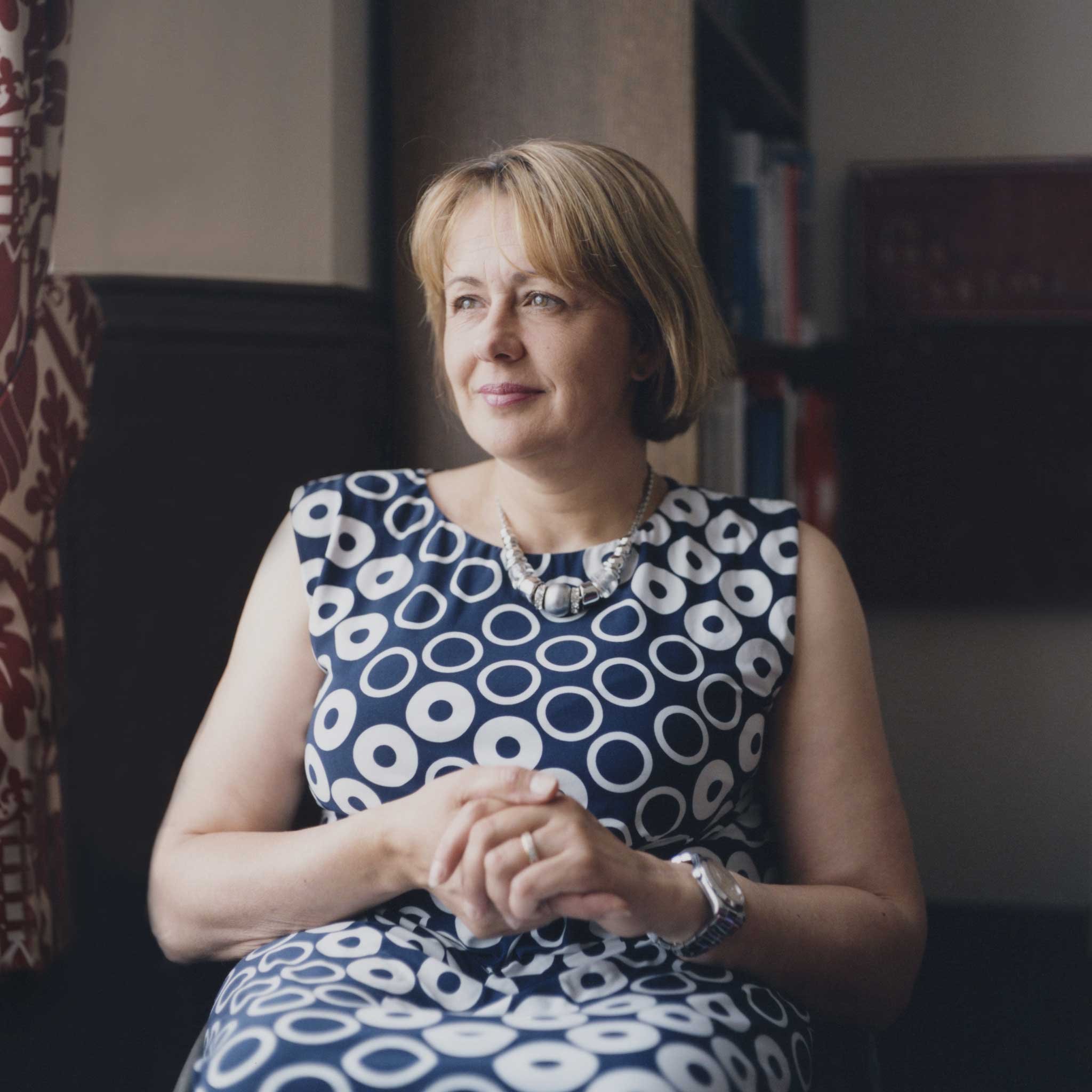Tanni Grey-Thompson: The sporting great shares her thoughts on crashing out, being a life peer and Scottish independence

We've had a summer of crash-outs: Andy Murray, the Brazil team, Chris Froome. How much is a sportsperson's performance about psychology?
It's a big part. Training is one thing: you can train hard, and train smart. But when you're on the track and it's you against seven others, it's about keeping your composure. For me, it was quite easy to think about all the negative things. It was about shifting that around to focus on winning. I've seen loads of talented athletes for whom psychology is a big part: they just can't compete or don't want to train.
Were there any races you found particularly nerve-racking?
I think I felt scared or nervous in every single race I did. In Sydney, there were a few times when the stadium was absolutely packed full. That was 90,000 people. You're in this bowl and perhaps only 10 per cent of the spectators are British, so not everyone is cheering for you. But when the gun goes off it's amazing how you can switch off all that other noise.
When you became a Baroness, you asked for more of a Welsh title. What do you think about the issue of Scottish independence?
I think we're all better off together. We're like a family: we might not like each other all the time. We spend a lot of time talking about the economics, but actually, what are we going to call ourselves if Scotland go? And what's going to happen to the Union flag?
Would it be a massive blow for Team GB if Scotland gained independence?
It would. In all the debates, nobody's really talking about what would happen to the Olympic and Paralympic team. Some athletes who might make a GB team might not make a Scottish team, and vice versa. I was always proud to compete for GB and have that blend of the home countries. It's one of the things that makes it fun and exciting: the mix of people from all over.
You were on the committee investigating Lance Armstrong. Did you ever have suspicions that your competitors might have been doping?
A little bit. It's not as prevalent in Paralympic sport as it has been in the Olympics because to be really good at doping, you have to have a lot of money. It's quite expensive to do it properly. As an athlete, it's not something you can spend a huge amount of time thinking about. You can't control it and you have to think about what you can.
Who did you look up to growing up?
There was a Welsh wheelchair athlete called Chris Hallam who won the marathon in 1985. He blew my mind. He had an outrageous taste in leopard-print Lycra and dyed, long blond hair. He could be quite rude but he was one of the loyalist friends you could ever have. Sadly he died last year from cancer but he was a wonderful guy and so important in my career. I looked up to him then and I'm privileged to say he became a friend.
Now you're in the House of Lords. One imagines it can be a frustrating place to work: full of fusty old men adverse to change.
Not at all. It's the most open and dynamic place I've ever worked. You don't get that from watching TV. You can change people's minds by putting a good argument together, which is very empowering. People think it's a massive jump from sport to politics, but it's not: it's about hard work and resilience. I feel hugely privileged every time I walk into the building. Not every day actually, there are a few where you think, 'Oh God...'
Biography
Born in Cardiff in 1969, Tanni Grey-Thompson has been a lifetime wheelchair-user, due to spina bifida. She has won 16 Paralympic medals, including 11 golds, and held more than 30 world records. In 2010, she was made a life peer, and she is currently reporting across the BBC on the Glasgow 2014 Commonwealth Games
Subscribe to Independent Premium to bookmark this article
Want to bookmark your favourite articles and stories to read or reference later? Start your Independent Premium subscription today.

Join our commenting forum
Join thought-provoking conversations, follow other Independent readers and see their replies